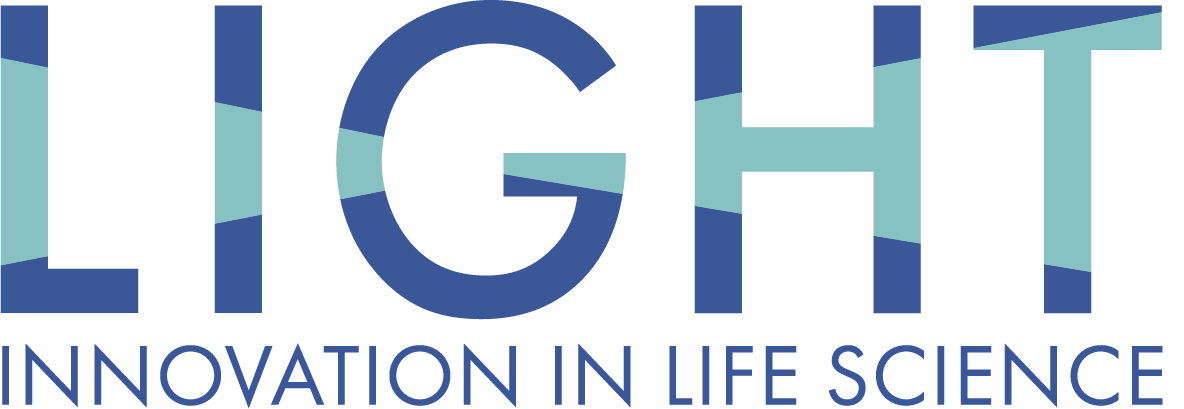
The University of Brescia has signed an agreement with Antares Vision Group, an Italian multinational leader in traceability and quality control of products and supply chains, and with Dompè pharmaceuticals S.p.A., an Italian leader in the biopharmaceutical sector, for the development of an integrated system of infrastructures that will expand by about 2000 square meters the Multisectoral Technological Service Center in the building owned by the University within the Northern University Campus.
The project, resulting from a public-private partnership and which has raised €19.5 million in funds, named L.I.G.H.T. – Lifescience Innovation Good Healthcare Technology – will develop healthcare technologies pursuing three major goals:
AI and Big Data Main Hub: large-scale analysis, storage, and construction of platforms for sharing collected data, construction, and updating of websites. Digital Health Care Hub: development of a smart hospital with georeferenced rooms and beds equipped with sensors and communication systems for continuous monitoring, development of digital telemedicine technologies and for improved remote patient control, creation of drug tracking solutions aimed at protecting the quality and integrity of the medicine itself, and reducing administration errors or counterfeits. AI Biopharma Hub: development of a fully integrated structure based on artificial intelligence capable of designing, synthesizing, and defining the activity of new drugs and biopharmaceuticals in collaboration with the EXSCALATE platform of Dompè pharmaceuticals S.p.a. The L.I.G.H.T. infrastructure project is consistent with the 17 Sustainable Development Goals of the 2030 Agenda signed by the UN member countries and focuses on the Green New Deal:
• It aligns with Goal No. 3 “Health and well-being” as it aims to develop new technological solutions for both healthy and ill patients and design a prototype of a smart hospital. • It respects the principles of Goal No. 5 “Gender Equality” since all governing bodies of the infrastructure will be designed respecting gender equality principles. • It aims to achieve Goal No. 9 “Industry, innovation, and infrastructure” because its purpose is to design an infrastructure in which public and private dialogue for a new system of open innovation, with three goals: a) increase the points of contact and meeting between basic and industrial research to create new solutions for health and well-being; b) establish new innovative businesses; c) renew curricula for training new professional figures in the medical field and new health technologies.
“The main objective of the initiative is to strengthen collaboration between the University of Brescia and private companies in a perspective of deeper integration of basic research skills with industrial and experimental ones,” states Rector, Prof. Maurizio Tira. “The project will also have significant impacts on knowledge for digital transition in the world of health companies.”
“The Technological Infrastructures of Innovation – adds Prof. Marina Pizzi, Vice-Rector for Research – are cardinal initiatives for Italian research that will need to demonstrate increasingly better consolidation in the coming years, subsequent to the PNRR, with great impacts for the entire national research system and its technological transfer towards products useful to citizens.”
“We are proud to be partners with the University of Brescia in this project that, due to its concreteness, we believe can trigger a virtuous circle of contacts and partnerships between different realities of our territory. We have always believed in research, innovation, and a multidisciplinary approach as drivers of growth, transformation, and sustainability,” says Emidio Zorzella, President and Co-CEO of Antares Vision Group.
“Public-private collaboration and open innovation have long been one of the driving forces of Dompè pharmaceuticals research – comments Marcello Allegretti, Chief Scientific Officer of the Milanese company. “I believe that our EXSCALATE platform, based on artificial intelligence and supercomputing, can significantly contribute to the success of the initiative, producing new knowledge, accelerating drug-discovery times, and consolidating the scientific network with new partners.”
